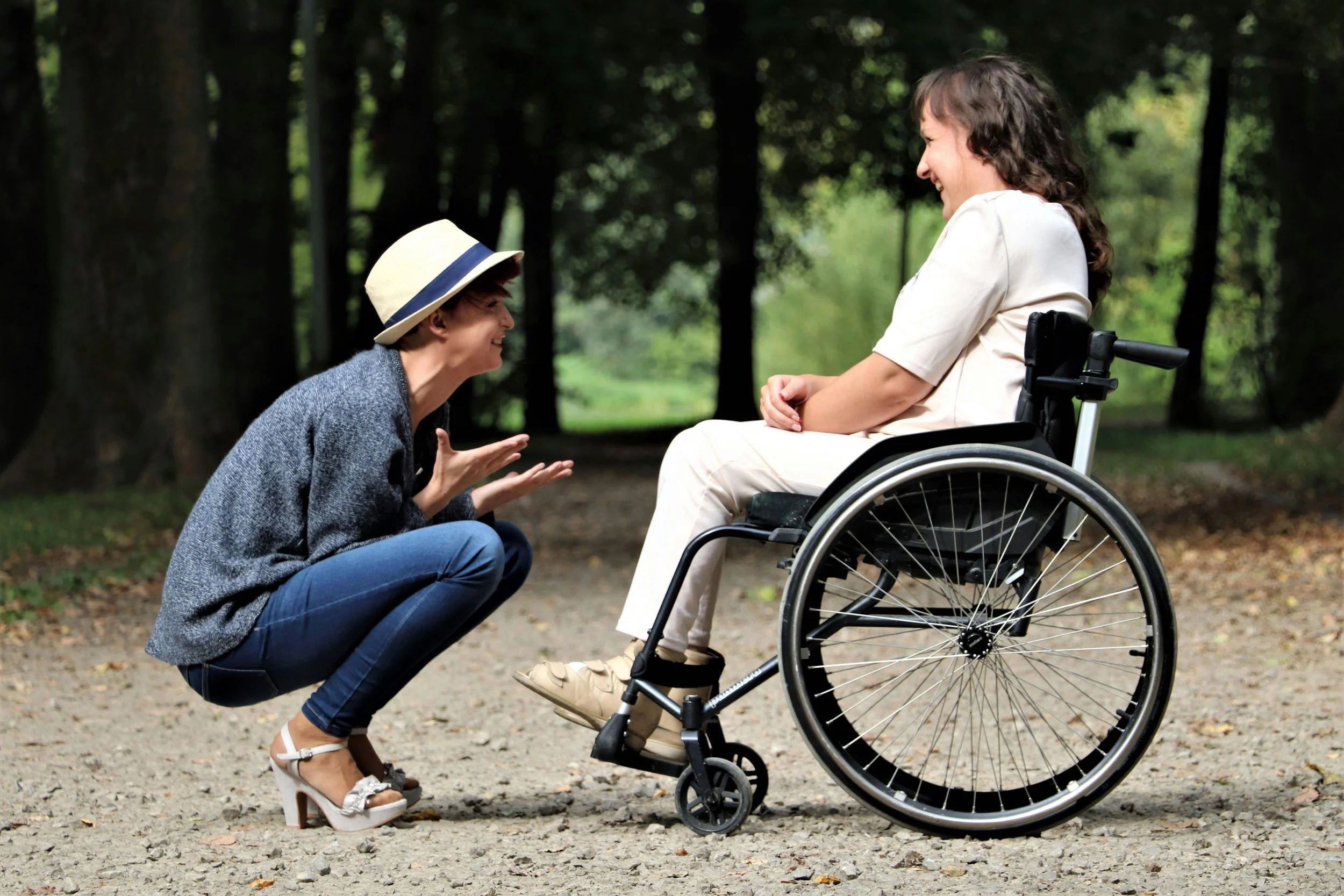
NEUROPSYCHOLOGICAL & ELDER EVALUATIONS
Understanding cognitive, memory, or attention changes with care and expertise.
What is a Neuropsychological Evaluation?
A neuropsychological evaluation is a assessment of cognitive, emotional, and behavioral functioning. It helps clarify how you think, learn, remember, and manage attention in daily life.
Cognitive testing helps identify specific strengths and vulnerabilities and offers a clearer picture of what may be contributing to presenting challenges. The goal is to deepen your understanding of how you think and function and to guide treatment, supports, or compensatory strategies in a way that feels practical and personalized.
Comprehensive Neuropsychological Evaluations
These are in-depth evaluations that provide a full picture of how a neurological, psychiatric or neurodevelopmental condition may be affecting thinking, mood, or day to day functioning.
They may be appropriate for individuals with neurological conditions, such as traumatic brain injury (TBI), epilepsy, multiple sclerosis, tumors or neurosurgical history, neurodevelopmental conditions, such as ADHD or autism, or even psychiatric conditions, such as schizophrenia, OCD or bipolar disorder.
A comprehensive neuropsychological evaluation can help to clarify cognitive strengths and weaknesses, track changes over time, guide medical or treatment planning, inform rehabilitation or return to work decisions and address emotional or behavioral changes that may accompany neurological illness, among others.
Supporting older adults is a special focus in my practice. My goal is to help individuals, families, and healthcare providers gain direction and to offer thoughtful, personalized recommendations that support safety, independence, and quality of life.
Elder Cognitive Evaluations (ages 65+)
An Elder Evaluation is a shorter, more targeted neuropsychological evaluation for individuals aged 65 and older. These evaluations can help distinguish between normal aging, mild cognitive impairment (MCI), dementia and “reversible causes of dementia,” such as depression or certain medical conditions.
They can also help differentiate between different forms of dementia, including: Alzheimer’s disease (AD), Frontotemporal dementia (FTD), Vascular dementia & Lewy body dementia
Elder evaluations can also be helpful for understanding cognitive changes in the context of known neurological or medical conditions, such as stroke, Parkinson’s disease, acquired or traumatic brain injury
CLARITY THAT EMPOWERS YOUR NEXT STEPS
Together, we’ll explore how your brain works, your strengths, vulnerabilities, and patterns. This process isn’t just about identifying what feels difficult; it’s about understanding how to work with your brain and using that insight to move forward with clarity and confidence.
If you’re seeking a focused consultation or a different type of evaluation, you can learn more about additional services designed to support specific questions and short-term goals.


